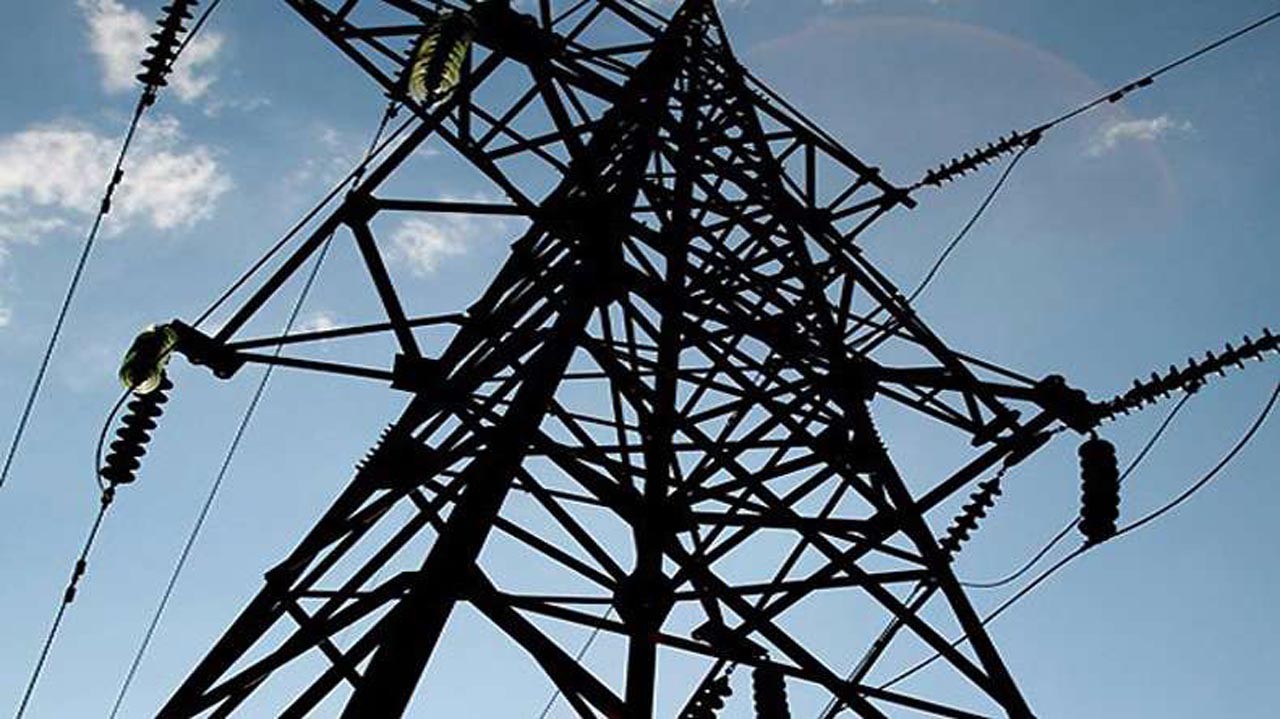The lack of distribution infrastructure stalled the generation of 17,943.5 megawatts of electricity between April 24 and May 3, 2020, industry data obtained in Abuja on Tuesday have shown.
Although the unavailability of gas remained the dominant daily constraint to power generation, it was observed that the lack of distribution infrastructure also prevented a large quantum of electricity generation during the 10-day review period.
Lack of distribution infrastructure was recorded as the highest constraint to power generation on April 25 as it stalled the production of 3,125.6MW of electricity on that day.
The Advisory Power Team in the Office of the Vice President explained that the unavailability of distribution infrastructure led to high-frequency issues in the system, a development that hindered the generation of power daily.
An analysis of the sector’s daily service delivery from the APT showed that on April 24, 26 and 27, the lack of distribution infrastructure halted the generation of 1,231.1MW, 2,204.7MW and 2,485.4MW respectively.
Our correspondent, however, observed that on April 28, no electricity was stalled by the unavailability of distribution infrastructure, rather it was only a gas constraint that stopped the production of 2,371MW of power on that day.
But on April 29 and 30, distribution constraints prevented the generation of 2,292MW and 1,831.1MW respectively.
It further stalled the generation of 1,395.4MW, 1,631.5MW and 1,748.5MW on May 1, 2 and 3 respectively.
It was also observed that transmission infrastructure did not halt the generation of electricity for nine days, out of the 10-day review period.
READ ALSO: Bayelsa Governor express commitment to resuming flights at state airport
The unavailability of transmission infrastructure prevented the generation of 156MW of electricity on April 25.
The Transmission Company of Nigeria had repeatedly called for the recapitalisation of power distribution companies in order to help upgrade the country’s distribution network.
This had been contested by the Discos, as the power distributors had also repeatedly described transmission as the weakest link in the power value chain.
The feud between both arms of the power market prompted the intervention of the Nigerian Electricity Regulatory Commission recently.













